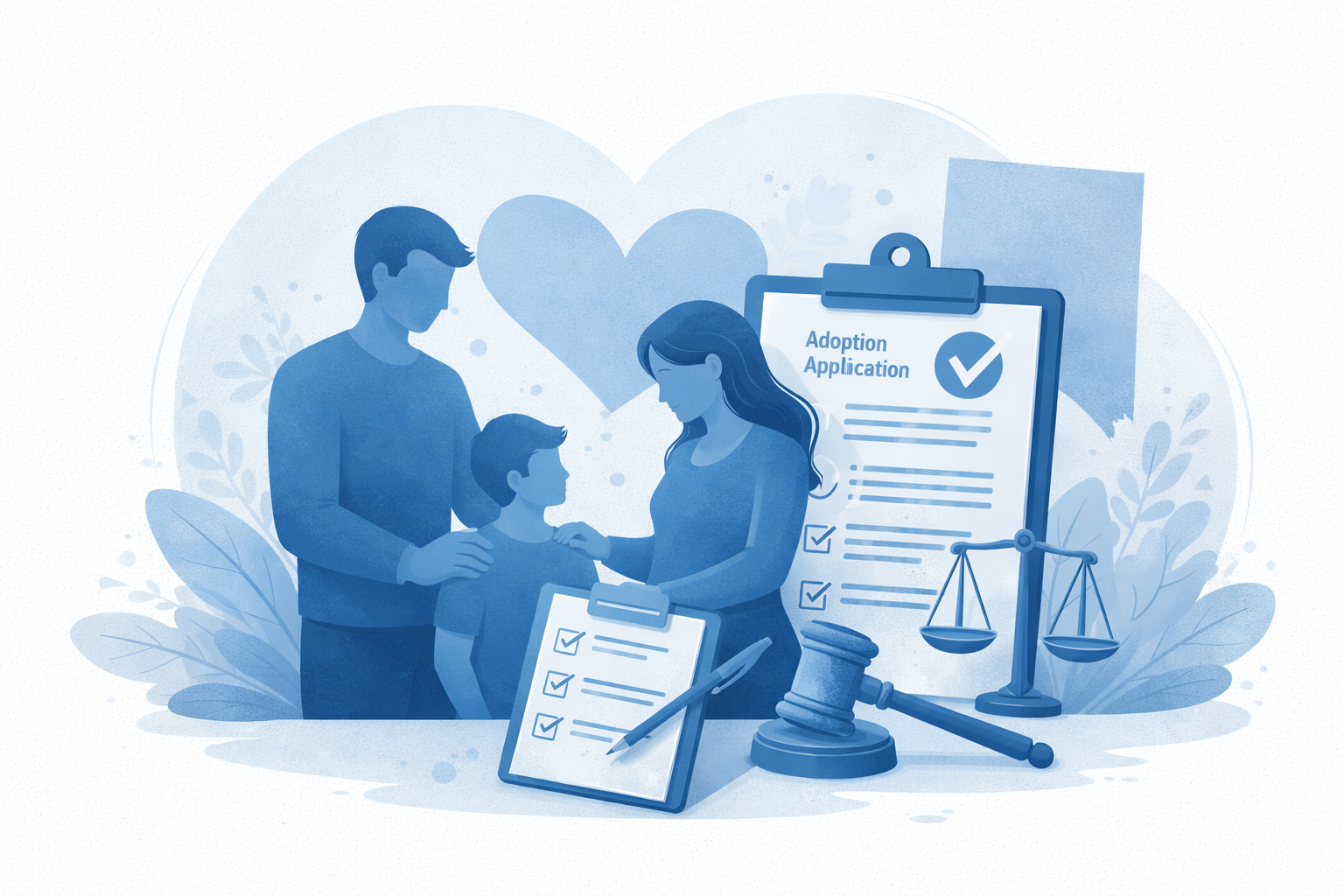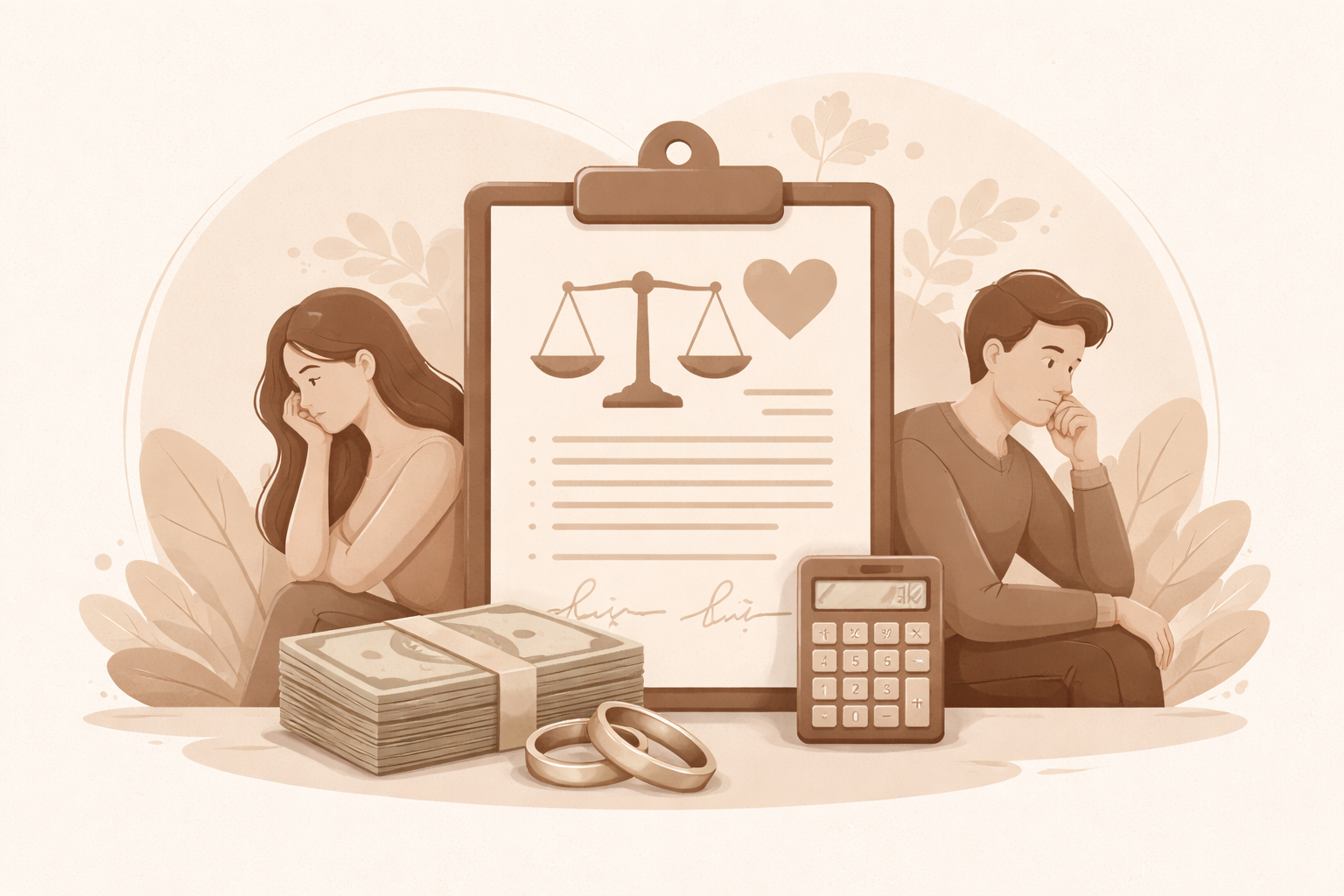It's out of respect for your time, I promise

There are a variety of reasons why clients may not hear from their attorney for weeks at a time. While it may seem concerning to clients who are used to constant communication, there are reasons why an attorney may not need to contact their client regularly. In this blog post, we will explore some of these reasons and explain why clients should not be worried if they do not hear from their attorney for a large timeframe.
The main reason, especially in cases where the attorney charges hourly, the attorney does not want you to incur costs when he has nothing new to report. Even a short email could cost a lot. It isn't fair to the client to have to pay the attorney when that attorney has nothing to report.
Another reason why an attorney may not need to contact their client for a while is simply because there is nothing new to report. Lawyers are often busy working on multiple cases at once and may not have any significant updates to share with their clients for a period of time. This is especially true for cases that are in the early stages of development or cases that have been temporarily put on hold while the lawyer gathers more information.
Yet another reason why an attorney may not need to contact their client is because they are waiting for a response from the other party involved in the case. Lawyers often need to communicate with opposing counsel or other parties involved in a case to gather information or negotiate a settlement. This process can take time, and the attorney may not have any updates for their client until they hear back from the other party.
It is also important to keep in mind that lawyers have other responsibilities outside of their current cases. Attorneys may be working on other cases, attending court hearings, or dealing with administrative tasks that do not directly involve their clients. These responsibilities may take priority over updating a client who does not have any urgent matters to address.
Additionally, lawyers have ethical obligations to their clients that require them to act in their best interests. This includes taking the necessary time to investigate and analyze the case in order to develop a strong legal strategy. In some cases, this may require the attorney to take a step back and focus on the case for an extended period of time, without providing regular updates to their client.
Of course, the last reason is that the Lawyer just needs a break and is up at Lake Tahoe.
In conclusion, there are a variety of reasons why clients may not hear from their attorney for weeks at a time. While it may seem
concerning, it is important to trust that the attorney is working diligently behind the scenes and will provide updates when necessary.
Clients can rest assured that their attorney is acting in their best interests and is committed to achieving a positive outcome for their case.



